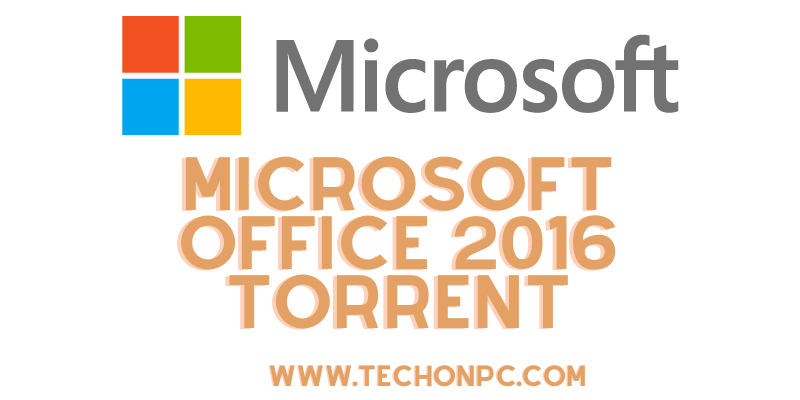
Auditing
A company faces different types of difficulties every day in the course of doing business. The problem of implementation increases because each function has various standards and rules that must be followed. Established rules can be challenging to follow, and employees often break them under the pressure of a heavy workload. It’s just asking too much to expect the staff to follow all the instructions. Therefore, running an audit management software is a vital part of this process to ensure that firms always comply with legislation.
In this blog, you will learn about audit management software and why it is necessary for your company.
Audit Management and Audit Management Software
You can use audit management to ensure that board-approved audit guidelines are correctly followed. The audit management process will be effective only if the workflow is simplified and the auditing team’s coordination is appropriately managed.
Artificial intelligence (AI) has been used to create software that can help streamline the audit process, optimizing the workflow. As a result, automated audit management software was developed, which can be used to manage audits and eliminate bottlenecks. A software program for managing internal audits can:
Offer a comprehensive and highly integrated strategy to manage the entire life cycle of the audit management process.
Adapt to changing market conditions and the ever-changing business environment, providing you with the best solution in any situation.
Importance of Automated Audit Management System
Automated audit management software is essential for business because its use has a significant impact. It helps manage the entire audit lifecycle and has excellent features. Here are some of the tasks it performs that are very beneficial to an organization:
- Implements a process tailored to a specific customer as a result of an audit, survey, gap analysis, or inspection
- Enables direct mapping of audit questions to the legal requirements, standards requirements, and business objectives that underlie them, enabling better coverage and complete reporting
- Determines the scope of the audit by conducting a dynamic risk analysis of the organization’s audit domain
- Automate the scheduling of audit engagements using assessment results and historical audit data
- It has a versatile data collection and aggregation structure that enables users to perform any audit they want
Audit Management System Advantages
There are many benefits to using AMS. Consider the following benefits:
- Without a dedicated human resource, you can manage documents, plan meetings, and coordinate teams using AMS
- AMS reduces the need for additional digital tools such as calendar programs. AMS comes with everything you need for an audit
- The pandemic has promoted remote audits, and it is impossible to manage them without AMS.
- An AMS reminds people and holds them accountable for incomplete tasks
- Each CAPA, event, and document has an audit trail with modifications and identification of creators, editors, and approvers. To protect data integrity and comply with 21 CFR Part 11, each change to the document is time stamped
Conclusion
AMS is the most effective and practical tool to prepare for onsite and remote audits. Effective audit management develops compliant systems, equipment, or procedures that guarantee increased corporate performance. Better business success ensures opportunities for the company and reassures customers.

 Microsoft4 years ago
Microsoft4 years ago
 Torrent4 years ago
Torrent4 years ago
 Money4 years ago
Money4 years ago
 Torrent4 years ago
Torrent4 years ago
 Education3 years ago
Education3 years ago
 Technology4 years ago
Technology4 years ago
 Technology4 years ago
Technology4 years ago
 Education3 years ago
Education3 years ago




You must be logged in to post a comment Login